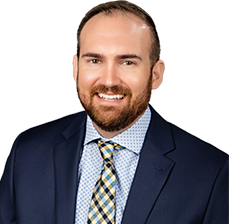Workers are at risk of workplace injuries. Few work environments come without the dangers of a slip-and-fall accident or a situation where someone suffers a back sprain. Minor injuries could cause time off, creating financial strain. Workers’ compensation claims could help victims receive payments until they return to work. Not everyone can come back to work, as some accidents at Minnesota workplaces may lead to dismemberment or death. Workers’ compensation does have a clause to address such severe situations.
Private insurance and workers’ comp AD&D coverage
Professionals who work in dangerous professions might look into accidental death and dismemberment insurance coverage. Persons with life and health insurance coverage could add “AD&D coverage” as a rider. The coverage would be subject to the terms, conditions, and exclusions on a policy. AD&D coverage would not likely be limited to workplace accidents, which is the case with workers’ compensation.
With workers’ comp, a claimant must suffer a work-related injury to apply for benefits. The claimant must be an employee and not an independent contractor, as workers’ compensation does not cover self-employed persons. Self-employed individuals may need to seek out an AD&D policy from a private health insurance firm.
Workers’ compensation claims and death or disability benefits
When someone suffers a life-altering, career-ending injury, workers’ comp benefits could provide permanent disability benefits. If paralysis or blindness ends someone’s ability to work, permanent disability benefits could offer vital financial support.
If someone dies on the job, death benefits could go to dependents, such as children and spouses. The death may result from an unexpected accident or an illness related to work, such as mesothelioma.
Permanent disability and death benefit claims require substantial proof, per workers’ compensation rules and regulations. Denials happen, but an appeals process could overcome the initial rejection.



